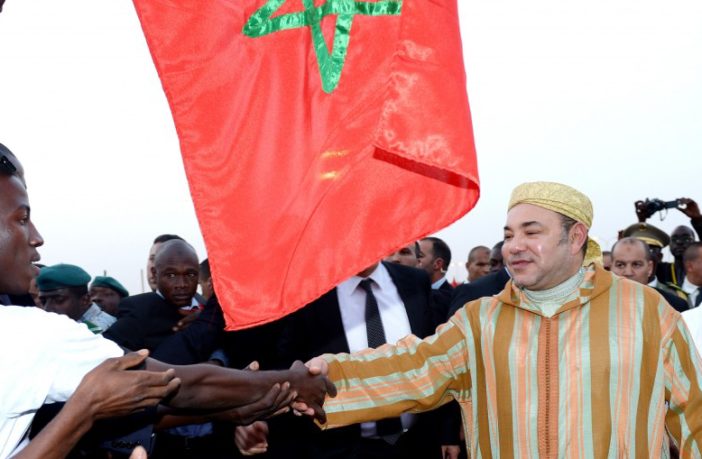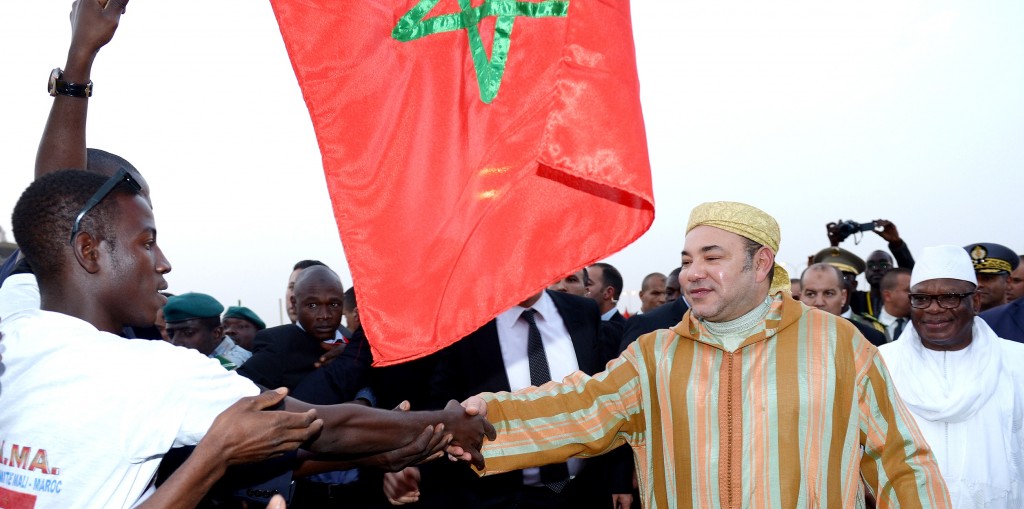Huffpost
Dr. Munr Kazmir
Doctor, businessman, entrepreneur, and philanthropist
The balance of power has long been shifting in the Middle East, and many would say not in America’s favor: Iran has been emboldened, Russia triumphant, and America and its allies on the defensive. This all can be explained by the fact that the coalition to counter Iranian influence and intransigence has been weak and fractured.
The peace process between Arabs and Israelis has been sidelined, moderate Sunni Arab states have seen their economies stagnate and political tumult has gripped many of them.
And so the United States has been looking for allies to counter Iranian hegemony on the one hand and Sunni extremism on the other.
A key divide among the moderate Arab states comes from the schism that has formed between Qatar and the other GCC countries, mainly Saudi Arabia and the UAE. The divide has made it difficult for these traditional US allies to form a unified front against threats to regional stability and US interests. The region, therefore, needs an actor who has the credibility and the self-interests to play a constructive role in bringing the GCC countries back together into a solid meaningful, pro-US alliance. This same actor could also bring the Israelis and Arabs together to talk meaningful peace and transform that relationship to become a force for good in the region.
As you scan the region and look deeper into the history, values, and interests of each country and leader, one of them stands out. Morocco, and its King, is just a natural fit.
The Kingdom enjoys the oldest uninterrupted treaty of friendship with the United States. During the Cold War, it was a stalwart against communism, and more recently has played a crucial role in executing the global war against terrorism.
The country has also been a pioneer of the peace process between Israel and the Arabs, and the late King Hassan II held some of the first secret meetings between Egypt and Israel, which later led to the signing of the Camp David peace that still keeps the peace between those two countries. Moreover, Israel has about one million citizens of Moroccan origin, the great majority of whom still keeps ties to their country of origin and fondly retell memories of their parents or grandparents who existed in harmony with Muslim neighbors under the sovereignty of a Muslim monarch. Morocco’s relations with the Palestinians have also been strong. The Quds Council, the institution that is meant to protect the Muslim’s claims to areas of Jerusalem where there is Muslim heritage, is headquartered in Rabat, Morocco, and the Moroccan government has been a historic supporter of the Palestinian cause.
At the same time, Morocco enjoys credibility with the countries of the GCC. When Saudi Arabia and UAE called for a boycott of Qatar, Morocco remained neutral and sent emergency aid to that country. This week, the King of Morocco is visiting the UAE to inaugurate the Louvre Museum in Abu Dhabi, in a sign of warm relations between the King and the Emir. Also, in what could be termed as “Vacation Diplomacy”, the King of Saudi Arabia spends his summer vacation in Tangier, the most northern city of Morocco, where he meets other foreign leaders and conducts the business of his Kingdom. More concretely, Morocco has declared its alliance with the GCC countries against any foreign threats to their common security. And the GCC countries have responded with billions worth of investments in the Moroccan economy.
Subscribe to The Morning Email.
Wake up to the day’s most important news.
Morocco is endowed with a unique place in the region and should be seen by the United States as a go-to country for regional mediation and to serve as the country around which an alliance can form. An alliance that can hold together in the face of the onslaught of rogue regimes and extremist movements across the region.








